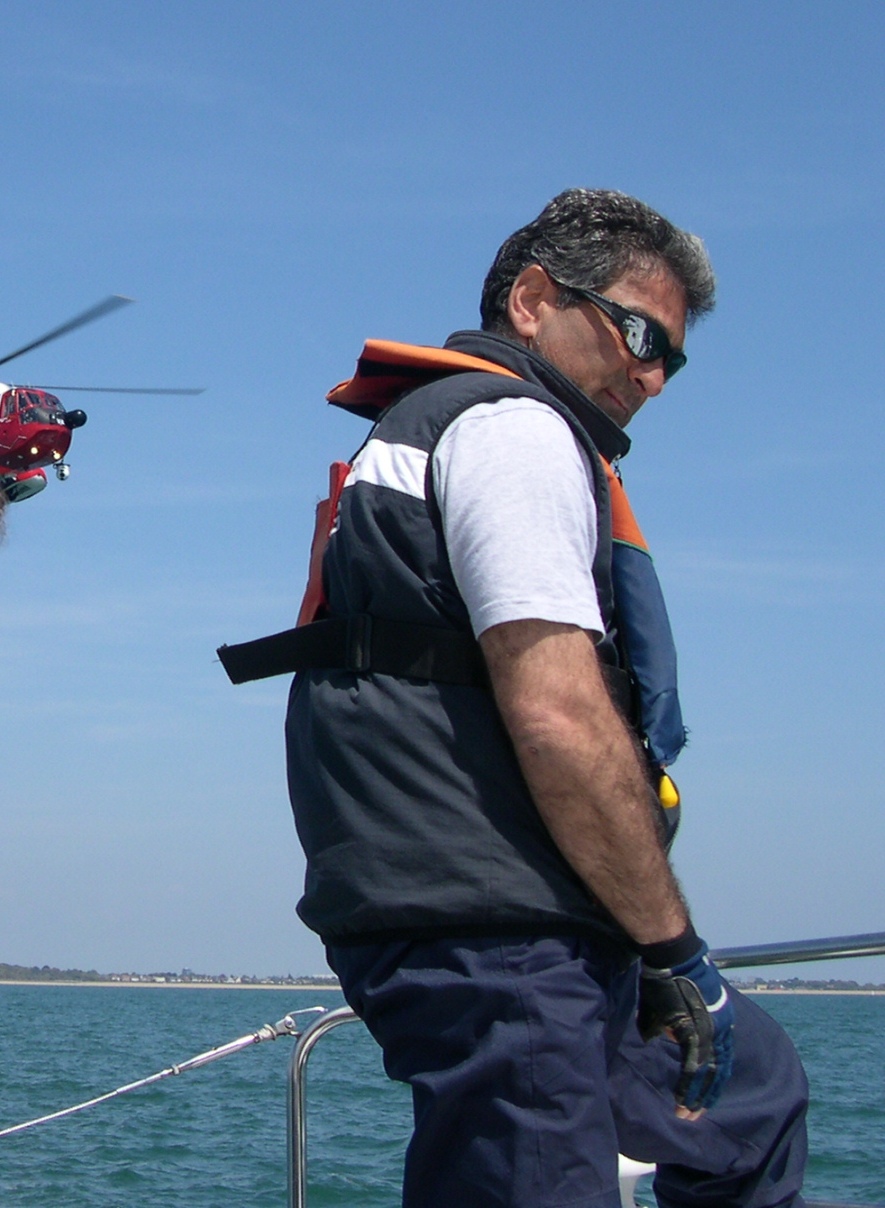 In the charming if somewhat rundown marina of Larnaca, the cedar-emblazoned flag of Lebanon flies proudly from a yacht as nearby Israelis clad in kippa and prayer shawl prepare for the Sabbath. The holiday island of Cyprus and its coastal resorts, which have long played host to sworn foes in the Middle East, is once again gearing up to serve as safe haven for a troubled region.But given the bloodshed just 160km away across the water in Lebanon, the Israeli boats moored alongside the Lebanese yacht have opted to play it safe and not hoist the Star of David. For it was here, in a violation of the unofficial Arab-Israeli truce on this Mediterranean island, that a Palestinian Liberation Organisation (PLO) commando killed three Israelis on their boat in Larnaca marina in September 1985, claiming they were Mossad agents.
In the charming if somewhat rundown marina of Larnaca, the cedar-emblazoned flag of Lebanon flies proudly from a yacht as nearby Israelis clad in kippa and prayer shawl prepare for the Sabbath. The holiday island of Cyprus and its coastal resorts, which have long played host to sworn foes in the Middle East, is once again gearing up to serve as safe haven for a troubled region.But given the bloodshed just 160km away across the water in Lebanon, the Israeli boats moored alongside the Lebanese yacht have opted to play it safe and not hoist the Star of David. For it was here, in a violation of the unofficial Arab-Israeli truce on this Mediterranean island, that a Palestinian Liberation Organisation (PLO) commando killed three Israelis on their boat in Larnaca marina in September 1985, claiming they were Mossad agents.
Nearby, a Lebanese boy asked his father what language their neighbours in the marina were speaking among themselves. Jean-Philippe el-Khazen, the 50-year-old skipper of a 10m yacht, one of three Lebanese vessels stranded in Larnaca by Israel’s air and sea blockade, had nothing but praise for his Cypriot hosts. "The Cypriots always welcome us … They really put us at ease and are ready to assist in everything we need, even to take us by car to the supermarket," he said.
"The management of the marina has offered us their total assistance: free
phone calls, internet access, whatever we need. They have also tightened
security and given the police instructions to be vigilant," he said.
Khazen and shipmate Tony Abu Jawdeh, a 50-year-old Maronite trader,
explained that the crisis broke when they were already at sea and headed
for a planned five-day break in Cyprus.
"It feels a bit strange to be next to Israelis, but as fellow yachtsmen
there is a civility between us. I think they [the Israelis] don’t feel
proud of what is happening on the other side of the water," said Khazen.
Abu Jawdeh said: "This takes us back to the bad old days of the [1975 to
1990] civil war when we often came for long stays in Cyprus with our
families to escape the fighting."
Like their Israeli neighbours, the Lebanese have been in constant touch
with the latest news by radio — both Israeli and Lebanese airwaves reach
Cyprus — by mobile phone or through a network of friends in the marina.
For Dr Chezer, holidaying with the "enemy" is not a problem.
"I was swimming next to a Fatah political chief in Polis [on the
north-west coast] a few years ago. I had no problem. There is enough water
for both of us. We are all guests on this island," he said.
"There is a natural camaraderie between boat people, and I believe there
is a natural camaraderie between different people in general. That is the
normal way to live — not by firing rockets at each other," said Chezer.
With an extended holiday in store, Khazen and Abu Jawdeh, meanwhile, are
likely to be joined by many more Lebanese among the thousands of people,
mostly foreigners, being evacuated via Cyprus this week. — AFP



